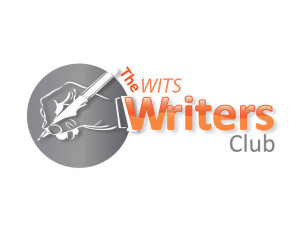The Royal Court runs long-term play development projects in many different countries, helping to stimulate new writing and bringing many of these writers and plays to London for further work and sometimes productions. At any one time, the International Department will be working with dozens of playwrights through specific projects. Long-term play development relationships now exist through projects and exchanges with writers from Columbia, Brazil, Cuba, France, Germany, India, Mexico, Uganda, Nigeria, Syria and many more. The British Council has been a key collaborator and supporter of many of the Royal Court International programmes and is delighted to be in a position to extend this work to playwrights from South Africa and Zimbabwe.
Phase One – Elyse Dodgson, Head of International Department, Royal Court will travel to South Africa where the workshop will take place, accompanied by two workshop leaders to conduct a 7 day workshop for a total of 12 Zimbabwean participants. The aim of the workshop is to support each individual participant in writing a new contemporary play. The workshop will be designed for the needs of each writer, explore individual interests, and in the end each writer will be asked to propose an outline of a new idea for a contemporary and original play. The first draft of this play will be submitted three months after the end of the first workshop. The workshop will consist of group and individual sessions and there will also be time for writing.
Phase Two – Once these plays are received, they are read (in their original language by one of our readers/translators if appropriate), who will then make recommendations on how or whether to proceed with each play. The team, predominantly the same (but we try to include a director if possible), travel out to work on the plays individually with the writers and do more group work exploring some common problems. Sometimes at this stage actors are used and workshops and readings done of the plays. This again will last about a week. At the end of this phase, the writers are asked to work on a next draft.
Phase Three – The new drafts are again read, assessed and translated before the team returns for the final phase of development work. This can sometimes involve public rehearsed readings in the countries, either of extracts or of whole plays as well as individual meetings with each writer. Sometimes at this phase we attach the writers to local directors who will help to facilitate the development of the plays. The first three phases usually last between 18 months and two years.
WHAT WE WILL PROVIDE
THE SPACE & ACCOMODATION & CATERING
The workshop will take place at Mokoya Lodge www.mokoya.co.za South Africa. Accommodation, food and workshop spaces will be provided.
LOGISTICAL SUPPORT
The British Council office in Harare will book and pay your travel as well as pay for visas to get you out to South Africa for the workshop. Please be aware that you will be required to have a valid passport in order to attend the workshop. The British Council will not be in a position to help pay for any costs related to obtaining your passport.
THE TIMELINE
8 March 2013 – disseminate open call
19 April 2013 – application deadline
10 May 2013 – announce participants
26th June 2013 – Fly to Johannesburg, South Africa
27th June – 5th July 2013 – Workshops
6th July – departure from South Africa
There will also be further activities as described in the 3 phases above, by applying you are committing yourself to being involved in the project for up to two years.
http://eliotmoleba.com/2013/04/04/royal-court-call-for-playwrights-zimbabwe/



